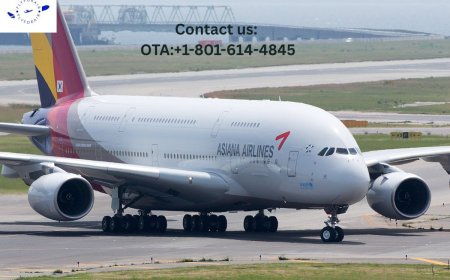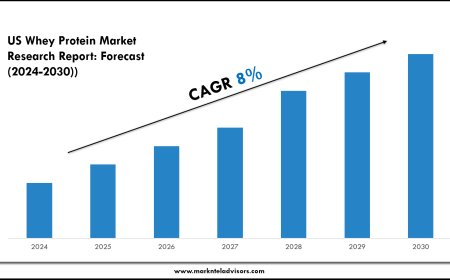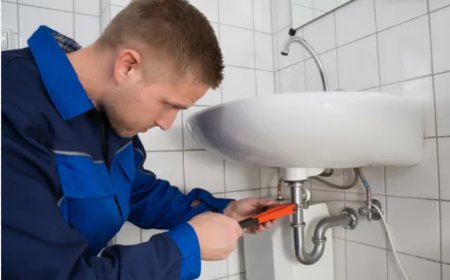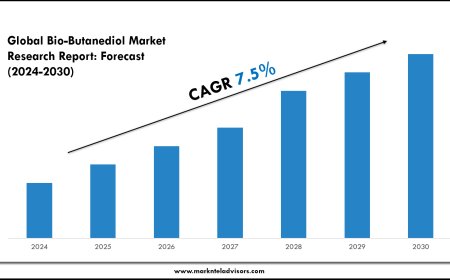The Importance of Soap Dispensers in Enhancing Hygiene
Discover why soap dispensers are crucial for public health and cleanliness in homes, offices, and commercial spaces.
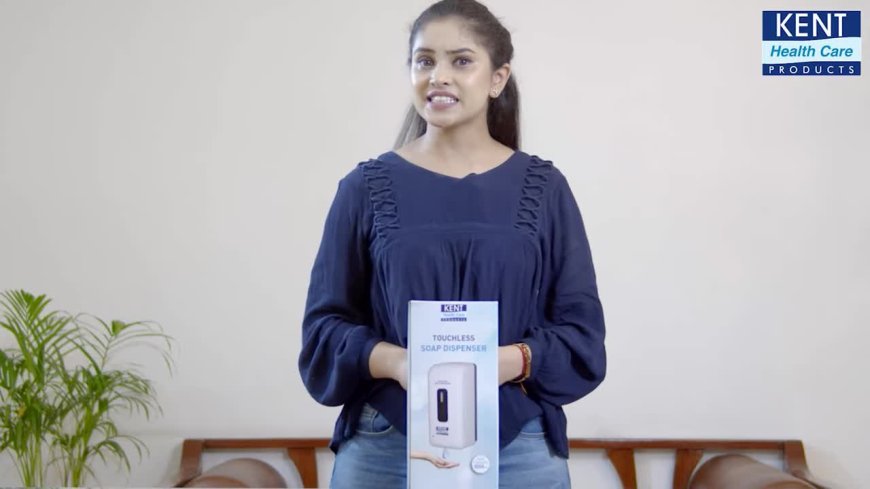
Good hygiene is needed in all surroundings, particularly public areas with greater susceptibility to infection. One of the easiest and most effective methods for improving hygiene in any given situation is a soap dispenser. Here is a detailed guest post on the significance of soap dispensers in maintaining cleanliness and their role in preventing germs and bacteria.
Why Soap Dispensers Matter
Hand washing with soap is required in any public restroom or crowded area. Soap dispensers facilitate the easy provision of clean soap in a controlled amount. When people have easy access to soap, they are more likely to wash their hands effectively, which is one of the best defenses against harmful pathogens. A Soap Dispenser also prevents wastage and ensures the correct amount of soap is utilized. Soap dispensers are present in both homes and businesses, with the latter especially finding touchless dispensers useful. The touchless units not only serve to enhance hygiene but also minimize the chances of cross-contamination. With increased awareness in hand hygiene, particularly after the COVID-19 pandemic, getting a good quality soap dispenser has become an option and a requirement.
How Soap Dispensers Improve Hygiene
The primary function of a soap dispenser is to keep germs from spreading. A dispenser can be very effective in public places, including offices, restaurants, and hospitals. A soap dispenser makes everyone wash their hands more frequently and thoroughly. It is a small but important step that goes a long way toward preventing the spread of infections.
In business places, a touchless soap dispenser means no one must touch the unit itself, thus preventing germs from being spread through mutual contact. Infrared sensors automatically dispense soap as hands are put underneath them. Hands-free use keeps the user and the dispenser both hygienic, and overall, helps to make the environment cleaner.
Water Purification and Hygiene
Effective water purification is also a fundamental element of proper hygiene. Where the water supply is not clean, it is necessary to filter the water before it gets to the soap dispenser. This additional layer of protection guarantees that when people wash their hands, they are not only washing with soap but also with clean water. It is necessary to make sure that the soap and the water are free from impurities to combat germs effectively. When Water Purification takes precedence, its effect on hand hygiene becomes increasingly consequential. This is especially pertinent in healthcare units, where cleanliness wards off infection. In the absence of clean, purified water, the most effective soap dispensers will not be able to function optimally.
The Advantages of Touchless Soap Dispensers
Touchless soap dispensers provide numerous advantages over their conventional manual counterparts. To begin with, they reduce touch, thereby hindering the spreading of germs. Touchless dispensers are required in environments with high hygiene expectations, for example, hospitals, schools, or public toilets. It's less wasteful and can help tremendously in lowering contamination chances. Besides, touchless soap dispensers save time as well as money. They simply release the necessary amount of soap, thus averting wastage and helping it last longer. By doing away with the need for manual operation, these dispensers also decrease wear and tear, resulting in lower maintenance costs.
Must Read: 6 Tips to Use Air Purifier Effectively in Room
Where Soap Dispensers Are Needed Most
Although soap dispensers are required for use in all public areas, they are particularly necessary in healthcare settings, kitchens, and bathrooms. In high-risk hospitals where infection is a common occurrence, installing a soap dispenser in each room is a cost-effective but effective method of maintaining hygiene standards. Restaurants also appreciate having dispensers both in the kitchen and dining rooms so that employees and patrons can maintain clean hands all day long. Also, in busy areas such as airports, shopping centers, and business towers, having soap dispensers placed strategically promotes individuals to wash their hands regularly and thus restrain the spread of disease.
Conclusion
Utilizing a soap dispenser is not merely a question of convenience; it is essential to have a clean environment. In hospitals, offices, or public bathrooms, these dispensers are instrumental in reducing germ transmission and in maintaining regular hand cleanliness. With both the advantage of a soap dispenser and proper water filtration, the individual and enterprise can achieve a cleaner, healthier environment. Investing in touchless soap dispensers is a simple action towards the improvement of hygiene levels and a guarantee of everyone's safety and well-being.







